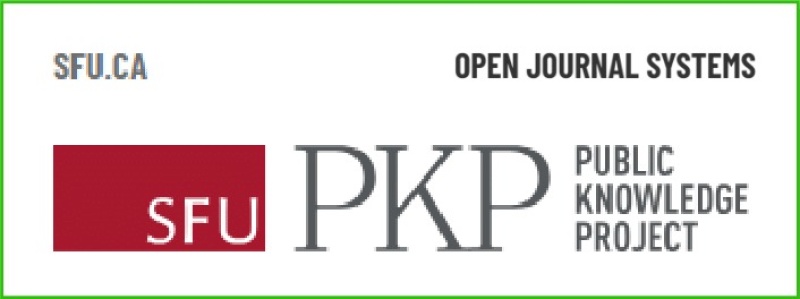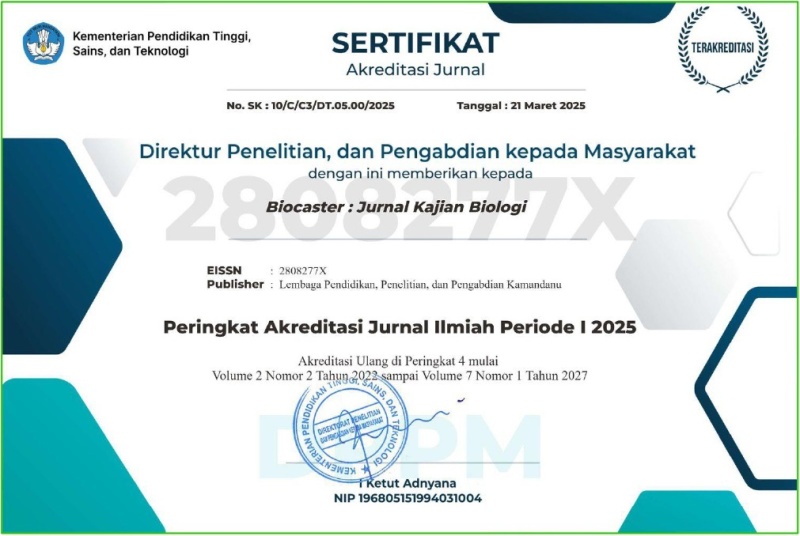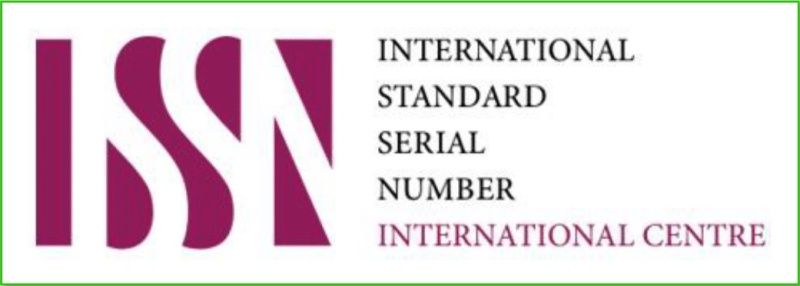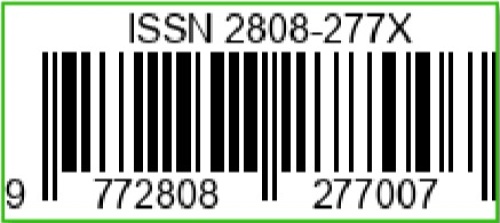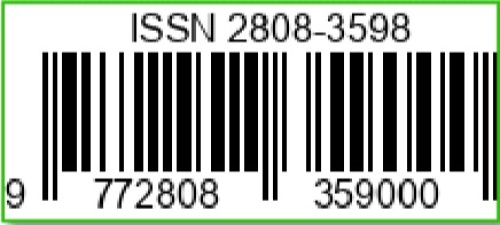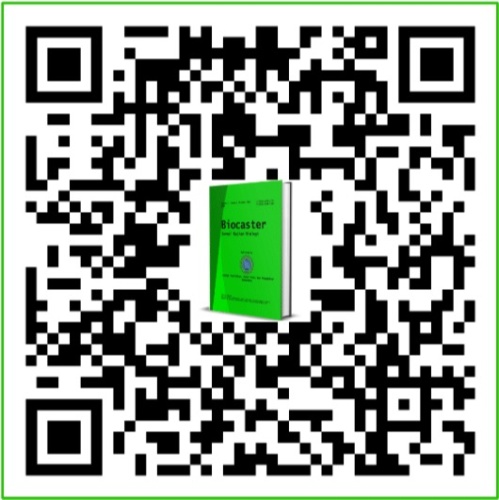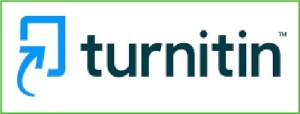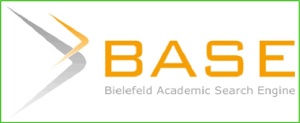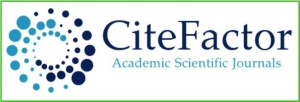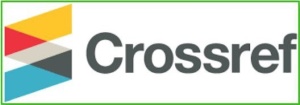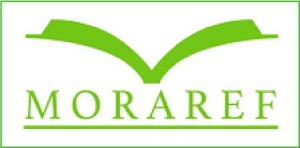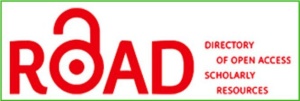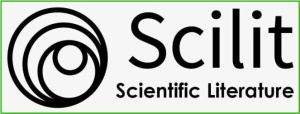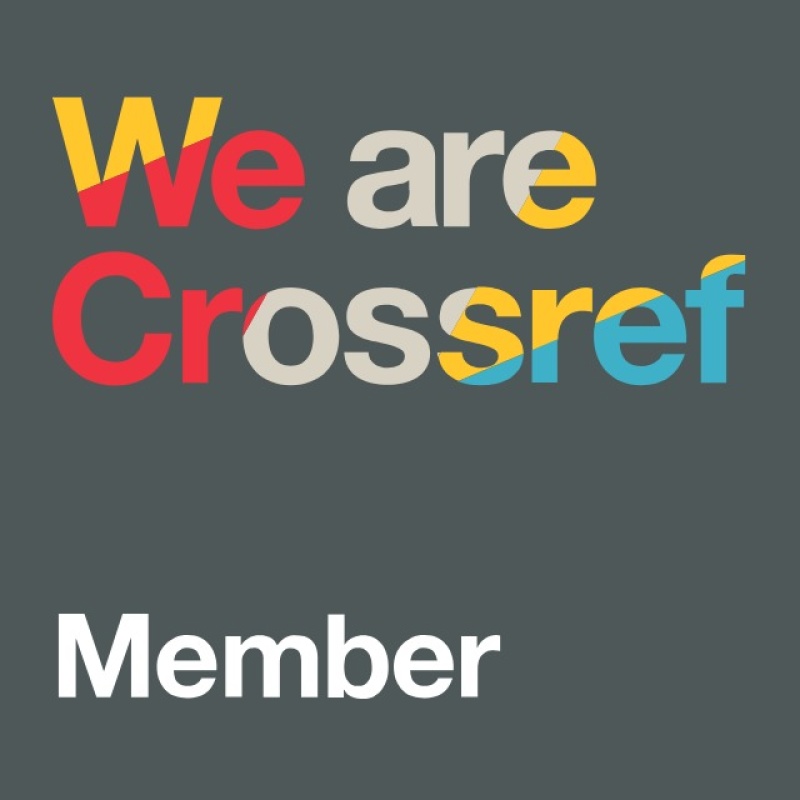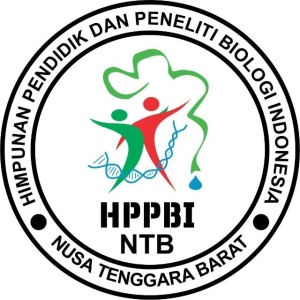Problematika Kompetensi Pedagogik Guru dalam Pembelajaran
DOI:
https://doi.org/10.36312/bjkb.v2i4.152Keywords:
Pedagogic Competence, Problematics.Abstract
The teacher is a party that has great responsibility in achieving learning goals. One of the competencies that must be possessed by teachers is pedagogical competence. This research was conducted with the aim of uncovering the problems of teacher pedagogical competence in learning, as well as alternative solutions that can be done to overcome these problems. The method used in this research is literature analysis. The literature is a scientific article that discusses the problems of teacher pedagogical competence. The results of the study show that the problem of teacher pedagogic competence is the lack of the teacher's ability to plan, implement and evaluate the learning that is carried out. Planning, implementation and evaluation are related to all aspects of learning, be it objectives, materials, methods or evaluation. Alternative solutions that can be implemented are increasing teacher awareness of the importance of self-motivation, maximizing the function of the LPTK (Educational Personnel Providing Institution) in preparing competent teacher candidates and maximizing the function of teacher competency development programs.
Downloads
References
Hoesny, M., & Darmayanti, R. (2021). Permasalahan dan Solusi untuk Meningkatkan Kompetensi dan Kualitas Guru : Sebuah Kajian Pustaka. Scholaria : Jurnal Pendidikan dan Kebudayaan, 11(2), 123-132.
Kartiningrum, E. D. (2015). Panduan Penyusunan Studi Literatur. Mojokerto: Lembaga Penelitian dan Pengabdian Masyarakat Politeknik Kesehatan Majapahit.
Nurhamidah, I. (2018). Problematika Kompetensi Pedagogi Guru terhadap Karakteristik Peserta Didik. Jurnal Teori dan Praksis Pembelajaran IPS, 3(1), 27-38. https://doi.org/10.17977/um022v3i12018p027
Peraturan Menteri Pendidikan Nasional Republik Indonesia Nomor 16 Tahun 2007 tentang Standar Kualifikasi Akademik dan Kompetensi Guru. 2007. Jakarta: Sekretariat Negara.
Ravhuhali, F., Mashau, T. S., Kutame, A. P., & Mutshaeni, H. N. (2017). Teachers’ Professional Development Model for Effective Teaching and Learning in Schools: What Works Best for Teachers?. International Journal of Education Sciences, 11(1), 57-68. https://doi.org/10.1080/09751122.2015.11890375
Sele, Y., Corebima, D., & Indriwati, S. E. (2016). The Analysis of the Teaching Habit Effect Based on Conventional Learning in Empowering Metacognitive Skills and Critical Thinking Skills of Senior High School Students in Malang, Indonesia. International Journal of Academic Research and Development, 1(5), 64-69.
Sele, Y., & Dewi, N. P. Y. A. (2022). Profil Keterampilan Komunikasi Lisan Calon Guru dalam Perkuliahan Berbasis Screencast O Matic. DWIJA CENDEKIA: Jurnal Riset Pedagogik, 6(2), 278-286. https://doi.org/10.20961/jdc.v6i2.63297
Sennen, E. (2017). Problematika Kompetensi dan Profesionalisme Guru. In Prosiding Seminar Nasional HDPGSDI Wilayah IV Tahun 2017 (pp. 16-21). Ambon, Indonesia: Program Studi Pendidikan Guru Sekolah Dasar, Fakultas Keguruan dan Ilmu Pendidikan, Universitas Pattimura.
Shilvock, K. (2018). The Purpose of Education: What Should an American 21st Century Education Value?. Empowering Research for Educators, 2(1), 1-20.
Undang-undang Republik Indonesia Nomor 20 Tahun 2003 tentang Sistem Pendidikan Nasional. 2003. Jakarta: Sekretariat Negara.
Wibowo, C. H. (2015). Problematika Profesi Guru dan Solusinya bagi Peningkatan Kualitas Pendidikan di MTs. Negeri Nguntoronadi Kabupaten Wonogiri. Tesis. Institut Agama Islam Negeri Surakarta.
Downloads
Published
How to Cite
Issue
Section
License
Copyright (c) 2022 Yunawati Sele & Vinsensia Ulia Rita Sila

This work is licensed under a Creative Commons Attribution-ShareAlike 4.0 International License.
-
Attribution — You must give appropriate credit, provide a link to the license, and indicate if changes were made. You may do so in any reasonable manner, but not in any way that suggests the licensor endorses you or your use.
-
ShareAlike — If you remix, transform, or build upon the material, you must distribute your contributions under the same license as the original.


